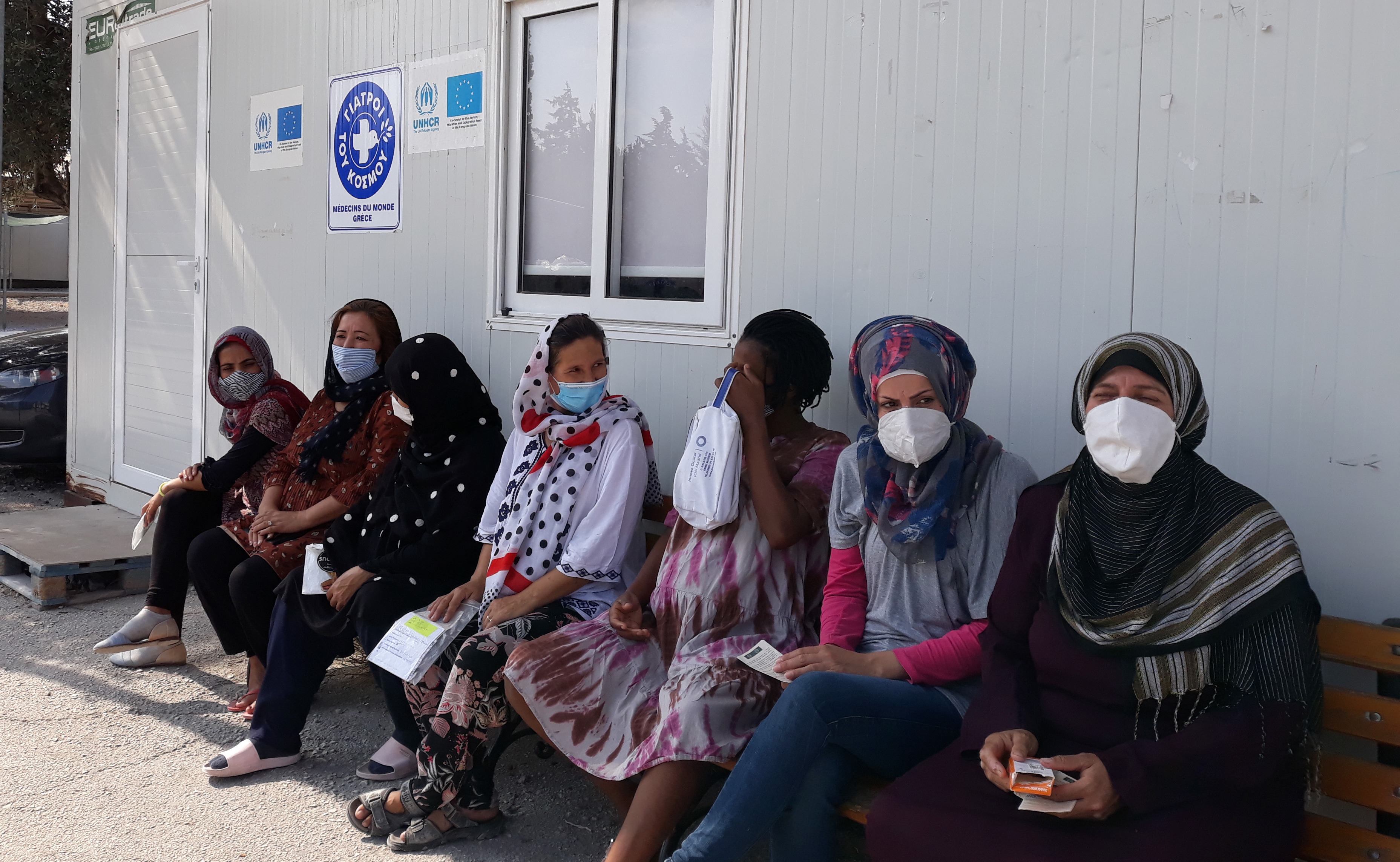A health preparedness and response plan for the COVID19 pandemic in Reception and Identification Centres based on the case of Moria.
Preparedness plan
The preparedness plan should include a plan to expand capacity in the NHS facilities, including the Vostaneio Hospital and support for the primary health centres in Mytilene and Kalloni. In and around Moria camp, the General Secretariat for Reception of Asylum Seekers together with organizations providing health and WASH services should prepare a separate facility from the Reception Center in order to mitigate the negative impact of the epidemic within the CRC, while direct access to healthcare for the population should be ensured immediately, either through PAYPA or through another adequate mechanism. At the same time, all vulnerable cases of elderly people, people with underlying diseases, people with disabilities, pregnant women, women in childbirth and infants should be moved immediately to alternative reception facilities on the island.
Preparation
MdM Greece proposes the preparation of at least 100 isolation beds for potential COVID-19 patients, per 6,000 people, and the rapid identification of suitable sites near the KYT of Moria, in order to establish the new isolation and treatment facilities, led by the General Secretariat for Civil Protection, EODY and an inter-sectoral team of UNHCR together with the local authorities. The creation of additional beds is dependent on the availability of funding and medical staff, as well as the availability of space, WASH infrastructure and the operational capacity of those involved.
Hygiene promotion needs to be scaled up in the Moria region by increasing the number of hand-washing facilities, sanitary facilities, health, food, community centres and other service facilities. Organizations and institutions providing WASH services need to carry out disinfection work, including the installation of handwashing points in all areas of the WASH site and Olive Grove along with the installation of toilets, with a plan to cover areas outside the WASH site.
Communication with communities should be ongoing in all refugee sites on Lesvos, through recorded messages, videos, posters, posters, leaflets, respecting diversity, gender sensitivity and the intercultural dimension of the issue. Information should be made available not only by health care providers but also by others such as community representatives, community mediators, solidarity networks and volunteers, in all areas of Moria, Kara Tepe and alternative reception facilities on Lesvos, with detailed explanations of how the virus spreads, how people can protect themselves and their families, how to identify symptoms and how and when to seek care.
